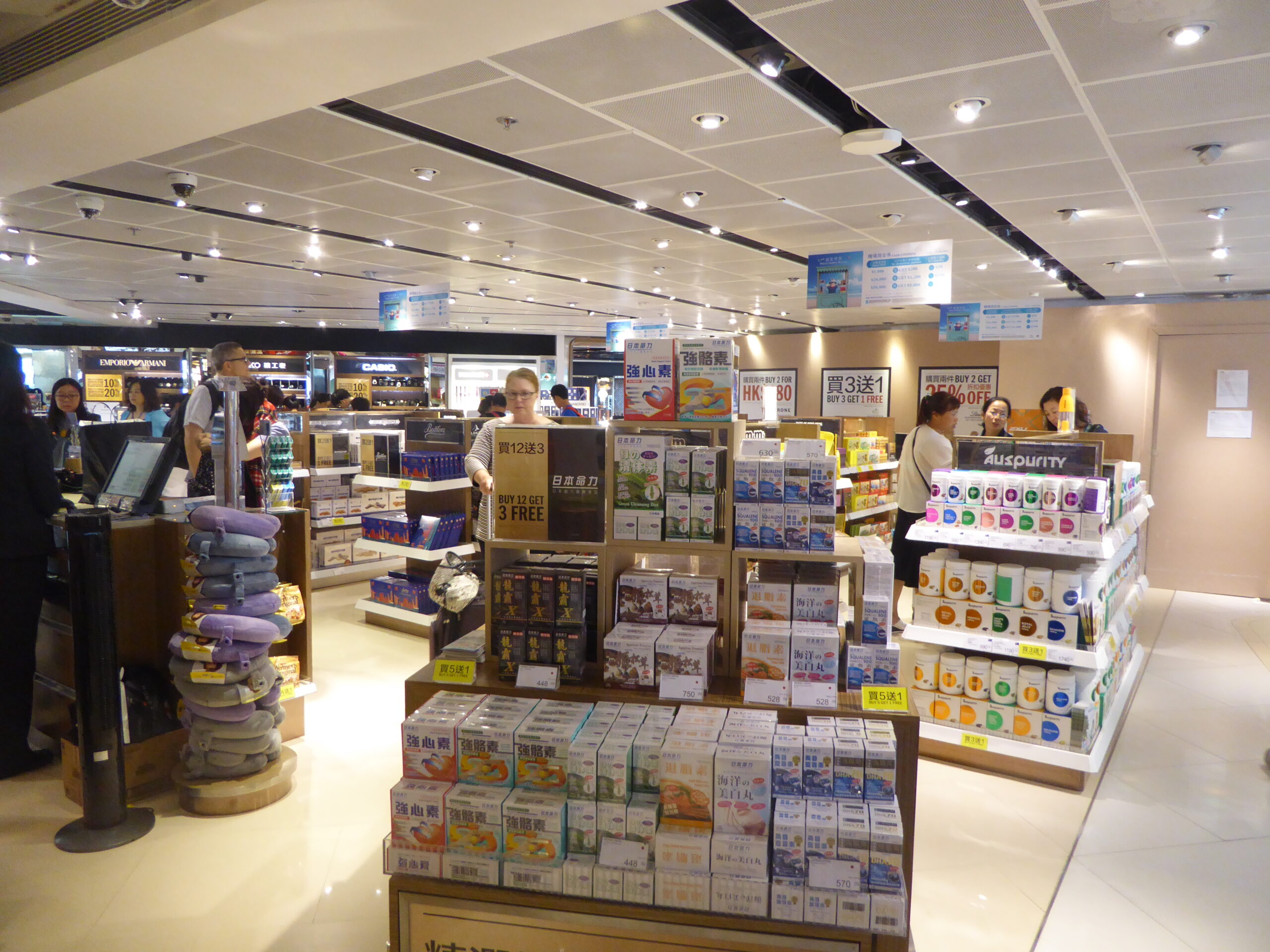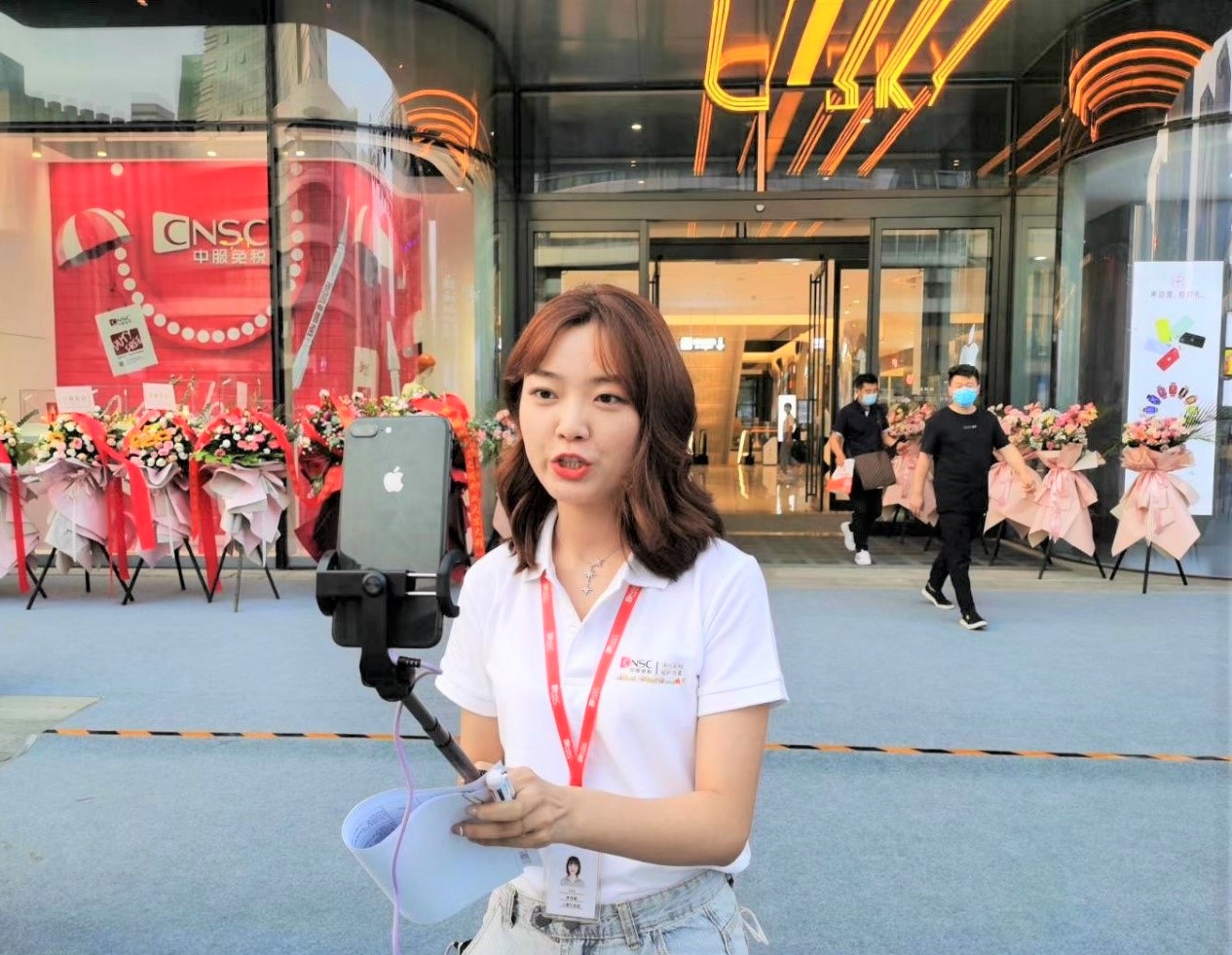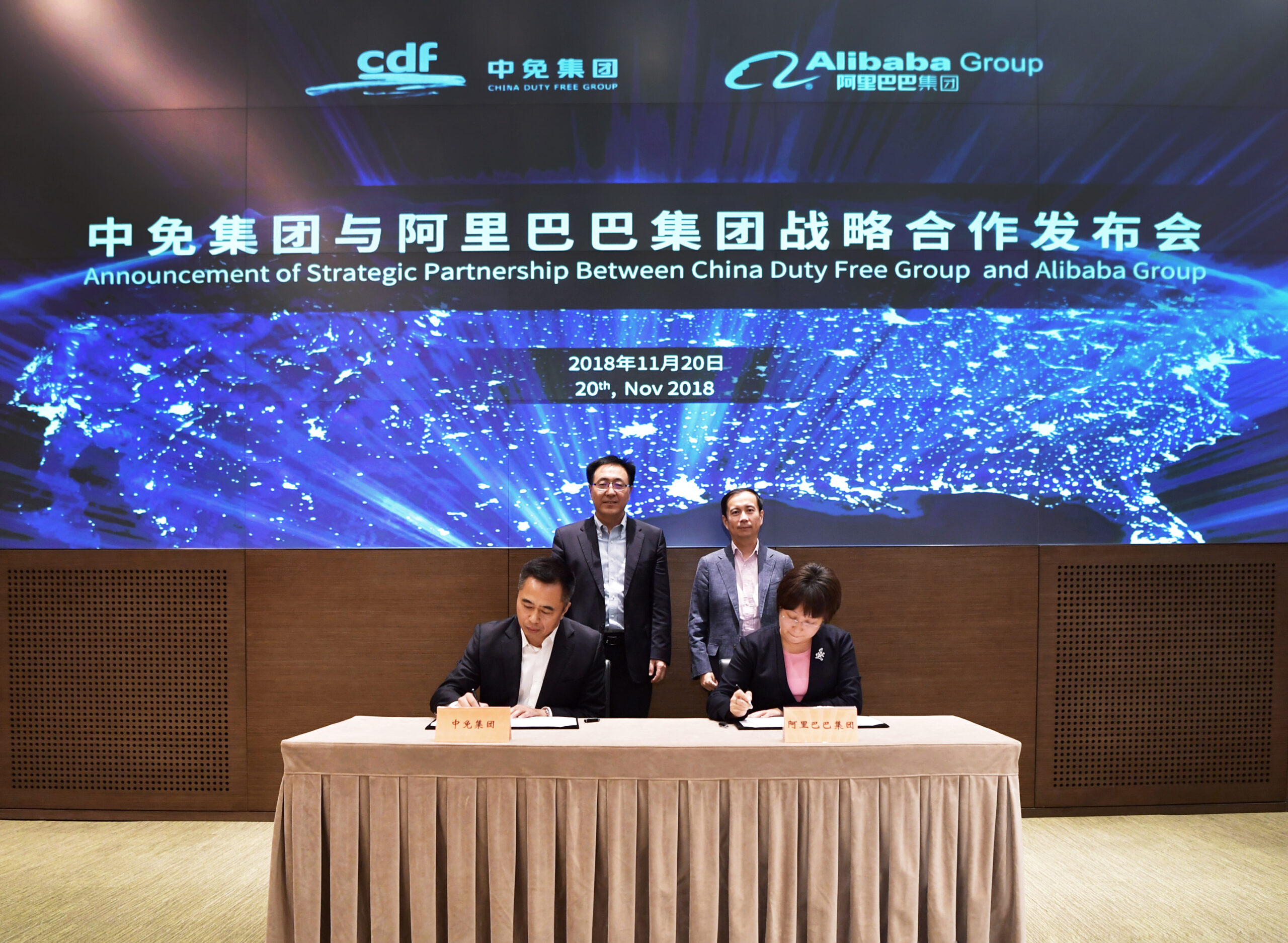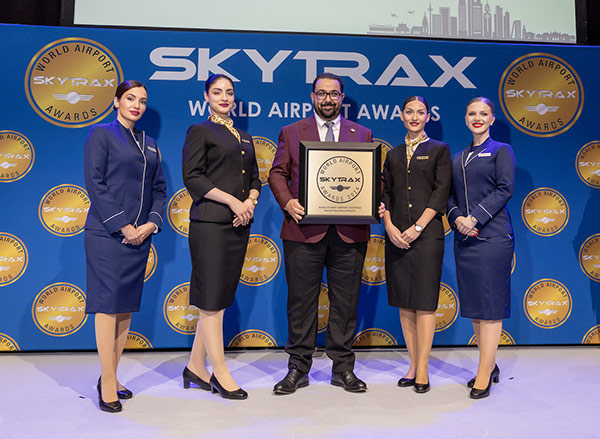
The Moodie Davitt Report presents the latest edition of regular column The Digital Conversation, in association with Shiseido Travel Retail.
‘Never mind the Gucci, here’s the fish oil: China’s shopping army reboots Australia retail’.
The headline in The Fiscal Times (based on a widely disseminated Reuters article) said it all – there’s an army of Chinese shoppers on the move and they’re behaving and buying very differently from conventional perceptions of Chinese shoppers, writes Martin Moodie.
How both the Chinese and international travel retail community (and the Chinese government) respond to that army, and its changing habits, is set to be a key issue for the industry in coming months and years.
As previously reported, the army (and the channel that army represents) is called daigou (literally “on behalf of” in Chinese) – a reference to millions of Chinese people overseas purchasing goods (ranging from household items to luxury goods) for customers in Mainland China at way below the prevailing Chinese domestic price.
I spoke about the rising power of daigou in my speeches to the 2015 ASUTIL conference and The Trinity Forum, quoting one senior travel retailer who described the phenomenon as “the single largest threat to travel retail in the history of the industry”.

Today’s Reuters article examined just how powerful daigou has become in a single market – Australia. There, some 40,000 Chinese are using social media and mobile payment apps to buy goods on behalf of Mainland customers. The article notes that while this emergent channel first majored on luxury goods such as Gucci handbags, the new “white gold” is mainly well-being and household items, such as baby milk powder, fish oil, “libido boosters” and detox treatments.
The article notes: “More affluent, health-conscious Chinese shoppers want safe Australian goods, a trend stoked by tainted China food supply scandals. This year, brands like formula maker A2 Milk have begun exploring ways to harness the growth of daigou, rather than compete with them, targeting cross-border e-Commerce that’s seen by consultancy ThinkChina at US$1 trillion this year.”
The article continues: “The scale of the new trade has alerted retail brands to potential new sales via daigou tie-ups that might otherwise be beyond the reach of mid-tier consumer goods makers.”
“Everyone’s working on it (daigou tie-ups) now, including all the big brands,” said Benjamin Sun, Director at ThinkChina. “If you think about global markets, what Australia can offer to Chinese online consumers is food, supplement and dairy, not so much fashion and luxury goods.”
When I last visited Melbourne Airport in 2013, long before the term daigou became popular, I noticed that one of the best-sellers at the Nuance store was sheepskin duvet covers, hardly your conventional duty free fodder. Who were the buyers? Chinese of course. At Hong Kong International Airport, DFS now has a huge business in well-being and medicinal products. The buyers? You guessed it.

In recent months there has been a well-publicised Chinese government crackdown on the daigou sector, particularly with relation to purchases of luxury goods. According to one informed observer, Customs officials are currently checking 100% of bags on flights coming from Europe in order to discourage overseas consumption.
Nevertheless, the whole e-commerce dynamic appears to be flourishing. Married to the extraordinary growth of Chinese e-commerce sites such as Taobao Marketplace and T-Mall.com (both owned by Alibaba Group Holdings) it is clear that the business of selling to Chinese consumers both at home and abroad is evolving at lightning speed.
A recent article in the Sydney Morning Herald entitled ‘Daigou: The extra 50 million customers hiding in plain sight’, quoted eCommerce China Managing Director Livia Wang, who recently hosted a conference bringing daigou and Australian businesses together for the first time. Wang, too, estimates there are about 40,000 active daigou in Australia and claimed Australian companies should target them rather than trying to establish offices in China.
About 5,000 people attended the first China eCommerce conference hosted in Sydney and Melbourne in April. Another was held in Auckland, New Zealand, in July and the event will be repeated in Australia in October.
The Chinese government fights back
As predicted by The Moodie Davitt Report on several occasions, the Chinese government is now stepping up its efforts to discourage consumers from buying abroad, through a combination of enhanced Customs checks on arrival; and more Arrivals and post-Arrivals duty free shopping.
As reported, state-owned China National Service Corporation (CNSC) opened a big new Shanghai downtown duty free store on 8 August, attracting huge crowds. Shoppers must be able to prove that they’ve arrived from abroad within a very generous timeframe of 180 days.

 Whether the Chinese government can eliminate the daigou channel seems unlikely, though the impact on higher-priced and luxury goods will likely be severe. CNSC has approval to open a whole wave of new post-Arrivals stores while, as reported, Arrivals duty free stores are to be allowed in a further 13 major airports and three seaports. Insiders believe that the concept of “offshore duty free”, so successful on Hainan Island (pictured immediately below), may also be extended to selected other regions.
Whether the Chinese government can eliminate the daigou channel seems unlikely, though the impact on higher-priced and luxury goods will likely be severe. CNSC has approval to open a whole wave of new post-Arrivals stores while, as reported, Arrivals duty free stores are to be allowed in a further 13 major airports and three seaports. Insiders believe that the concept of “offshore duty free”, so successful on Hainan Island (pictured immediately below), may also be extended to selected other regions.



 Where does that leave duty free retailers around the globe who serve large volumes of Chinese travellers*? Many buyers, it seems, may have to take a crash course in a range of goods with which they are unfamiliar, from fish oils to Fatblaster Coconut if they are not to be left behind.
Where does that leave duty free retailers around the globe who serve large volumes of Chinese travellers*? Many buyers, it seems, may have to take a crash course in a range of goods with which they are unfamiliar, from fish oils to Fatblaster Coconut if they are not to be left behind.
The industry may have thought it had a tiger by its tail. Not only may that grip be loosening but this is one tiger that can change its stripes.
*Footnote: Travel retail’s future in an omni-channel era is the critical subject of this year’s Trinity Forum, due to be held in Mumbai on 12-14 September.












